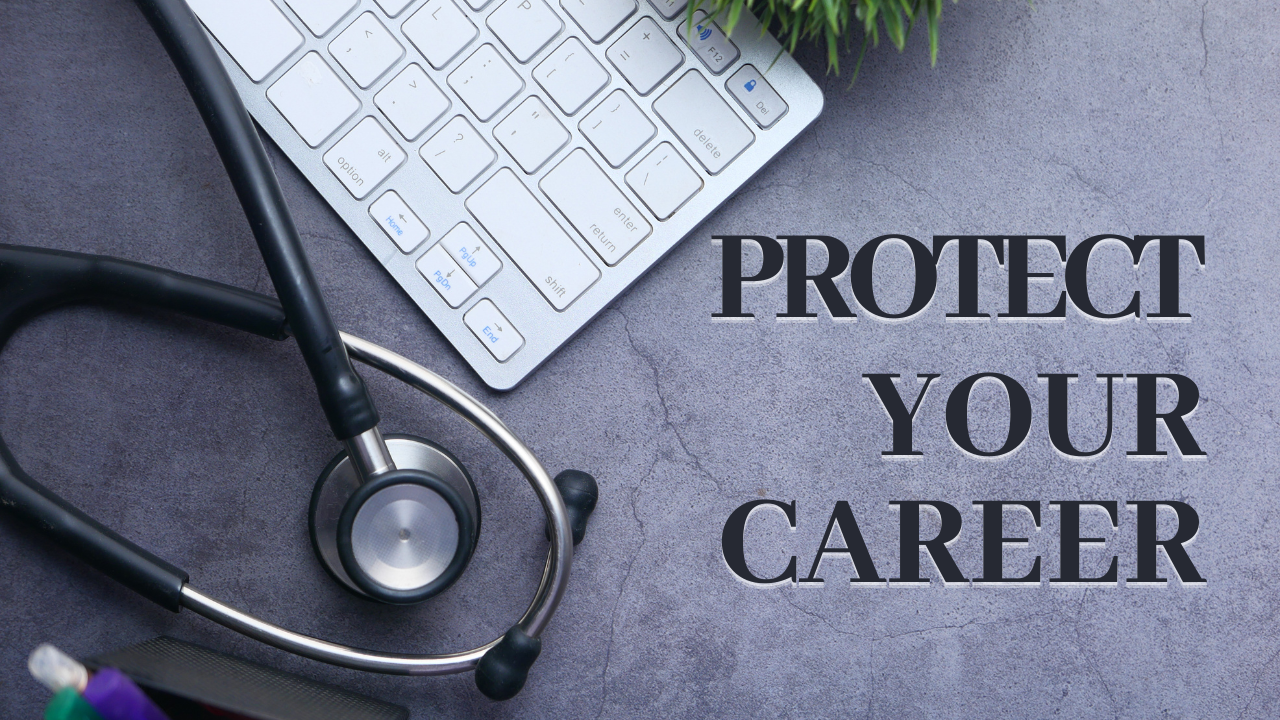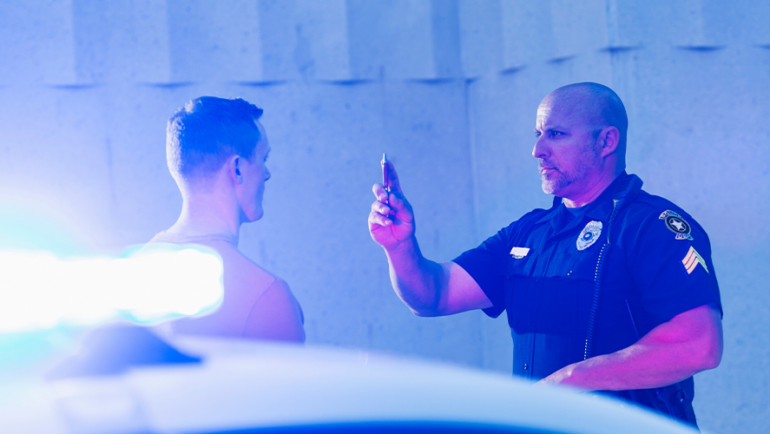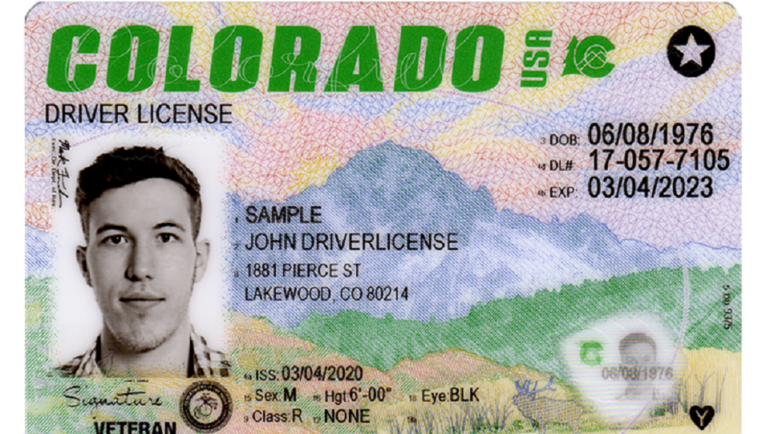100Views

An arrest for DUI can have far-reaching repercussions in many licensed professions. When applied to fields focused on public safety, conviction can raise serious concerns regarding an individual’s judgement and reliability and lead to disciplinary actions by licensing boards.
As it relates to Sandy Springs DUI law and professional licensing, hiring an experienced criminal defense lawyer who understands these areas can be invaluable. Proving that defendant is taking active steps towards rehabilitation may mitigate some of the detrimental impacts a DUI conviction has on professional licenses.
Healthcare
No matter your field – healthcare, law, aviation or any other requiring professional licenses – DUI convictions can put your career in jeopardy. Licensing boards expect professionals in these industries to adhere to high standards of conduct; any conviction for drunk driving breaches this trust and moral judgment and can have dire repercussions for licensing boards in those industries.
Licensing boards have various ways of becoming aware of your DUI conviction. Some industries require specific reporting requirements; other may investigate any complaints by patients or coworkers.
Licensing boards have the power to take disciplinary actions against you, such as probation, fines, education or treatment programs and suspension or revocation of your professional license. It is crucial that you understand how these decisions are made and seek legal advice from an attorney with experience defending professional licenses against DUI allegations as this could mean keeping or losing it altogether.
Law
State licensing boards for legal professionals, doctors, nurses and teachers require license holders to report any criminal convictions including DUIs as part of upholding high standards of conduct both professionally and personally. Failing to report a DUI may lead to fines, jail time or suspension/revocation of license.
Licensing boards use various criteria when assessing the impact of DUI charges on professional licenses, making each case individual. Common factors may include severity of offense; whether or not this is a first time misdemeanor offense; prior DUI arrests/convictions on record and community service/participation in rehabilitation/education programs that could mitigate some negative repercussions from such offenses; however it’s essential that any professional be reporting their conviction as soon as possible to authorities.
Aviation
As licensed pilots must pass through rigorous medical examinations to be granted their professional license, any drug- or alcohol-related arrest can cause considerable concern for them and their careers. All pilots are legally obliged to report such incidences within 60 days.
As any DUI arrest will be revealed to professional licensing authorities during any criminal background check, it is wise to obtain legal advice as soon as possible in order to ensure a DUI does not interfere with your career goals.
Additionally, many professionals in industries such as healthcare, law, education, and transportation face licensing boards which can impose disciplinary proceedings, suspend, or revoke licenses of licensees – which can greatly restrict employment opportunities and damage your reputation. An experienced DUI lawyer can help you understand how a DUI might impact your professional license while fighting to safeguard its future; Trey Porter Law’s experienced lawyers possess both knowledge and steadfast commitment towards reaching a favorable resolution to your case.
Other
DUI convictions can threaten professional licenses in various industries. Truck drivers and airline pilots, for instance, could face severe consequences should they be charged with DUI; including license suspension or revocation as well as damaging reputation and restricting employment prospects in the future.
Professionals also have legal and ethical responsibilities to inform clients or patients of a DUI conviction and must report it to their licensing boards in order to keep their license.
Professional licensing bodies often require license holders to complete necessary rehabilitation or educational programs before being reinstated as professionals, with this aim to ensuring they are competent enough to carry out their duties responsibly. Proactive communication with licensing boards and an effective legal strategy are both key to mitigating the effects of DUI charges on professional licenses; rehabilitation activities undertaken and probationary terms observed will likely lead to less stringent disciplinary measures from boards.



